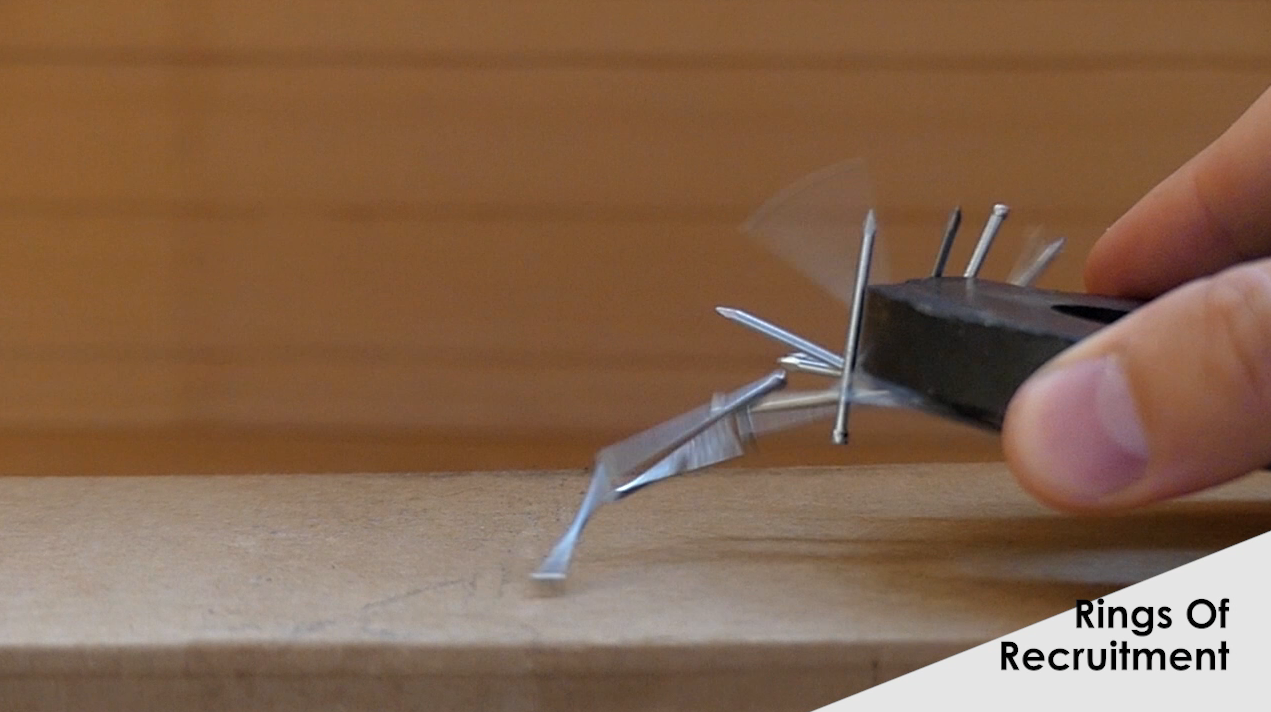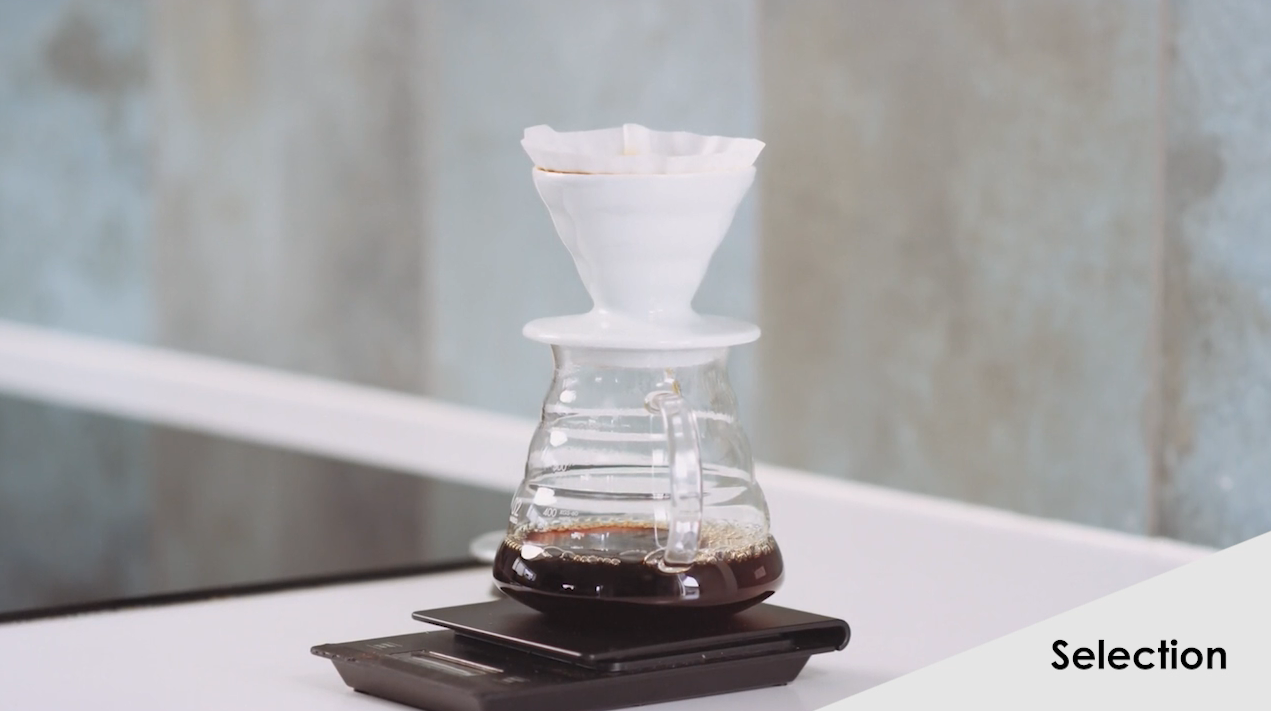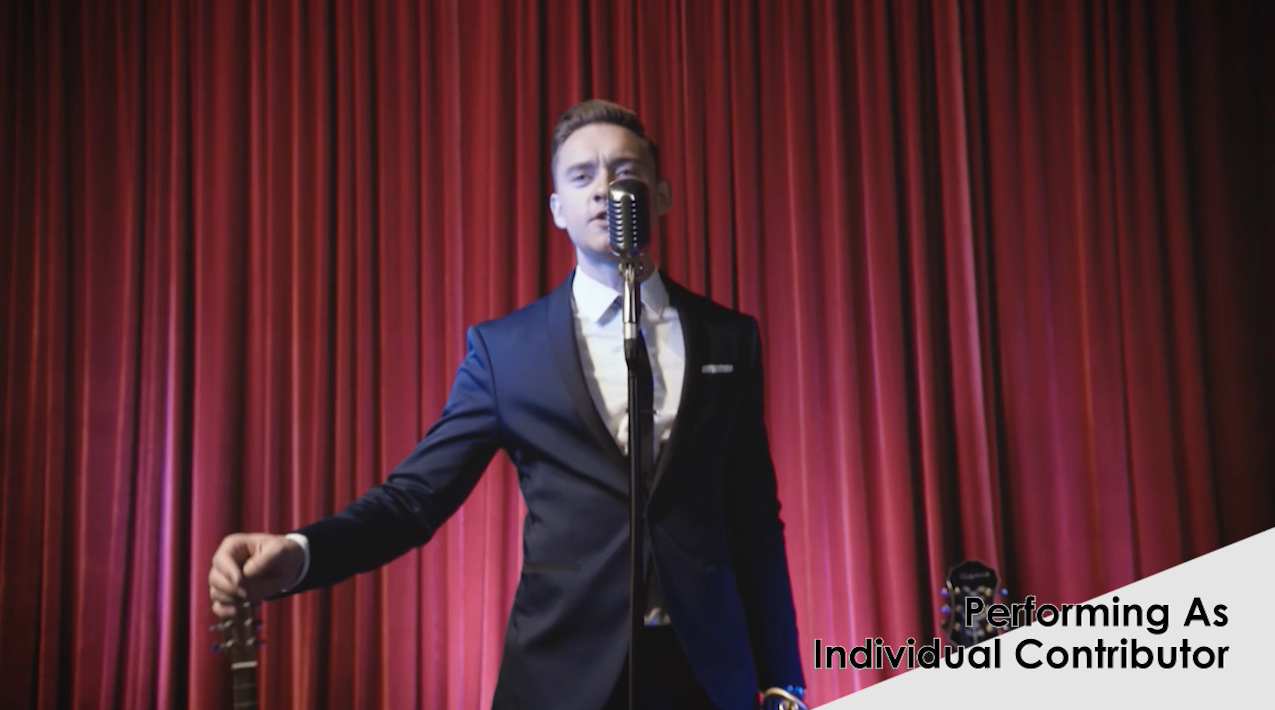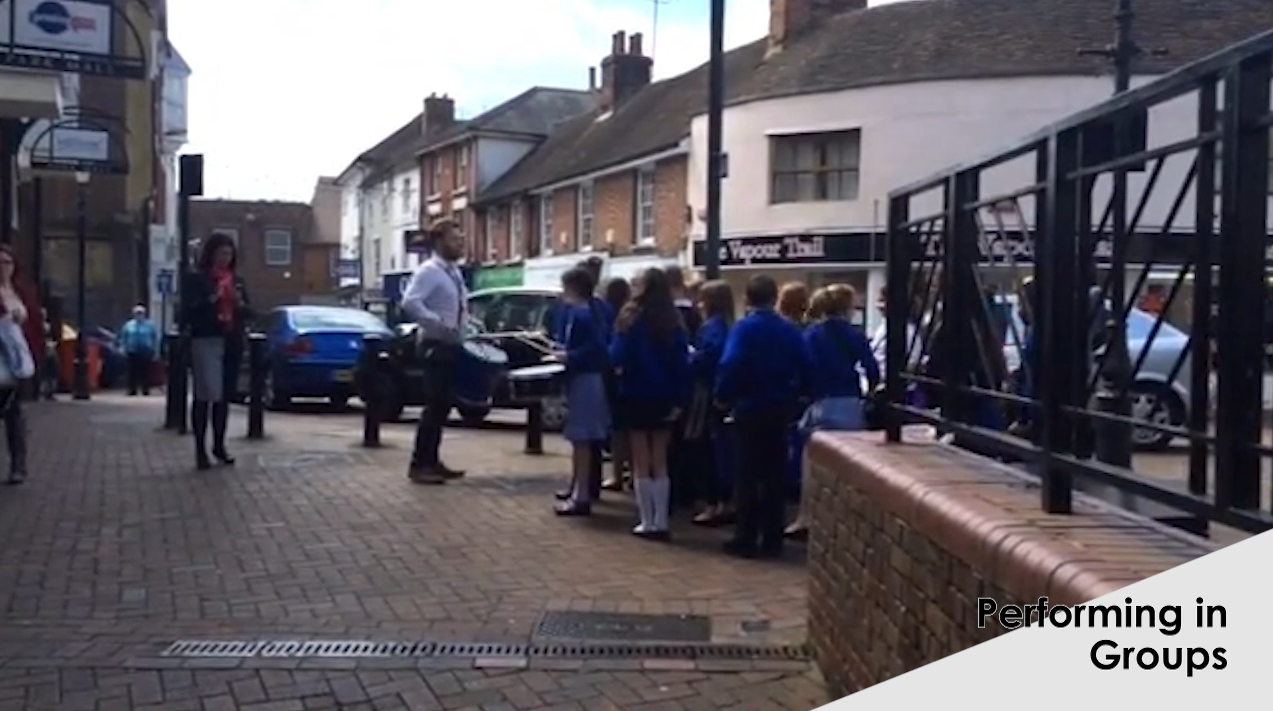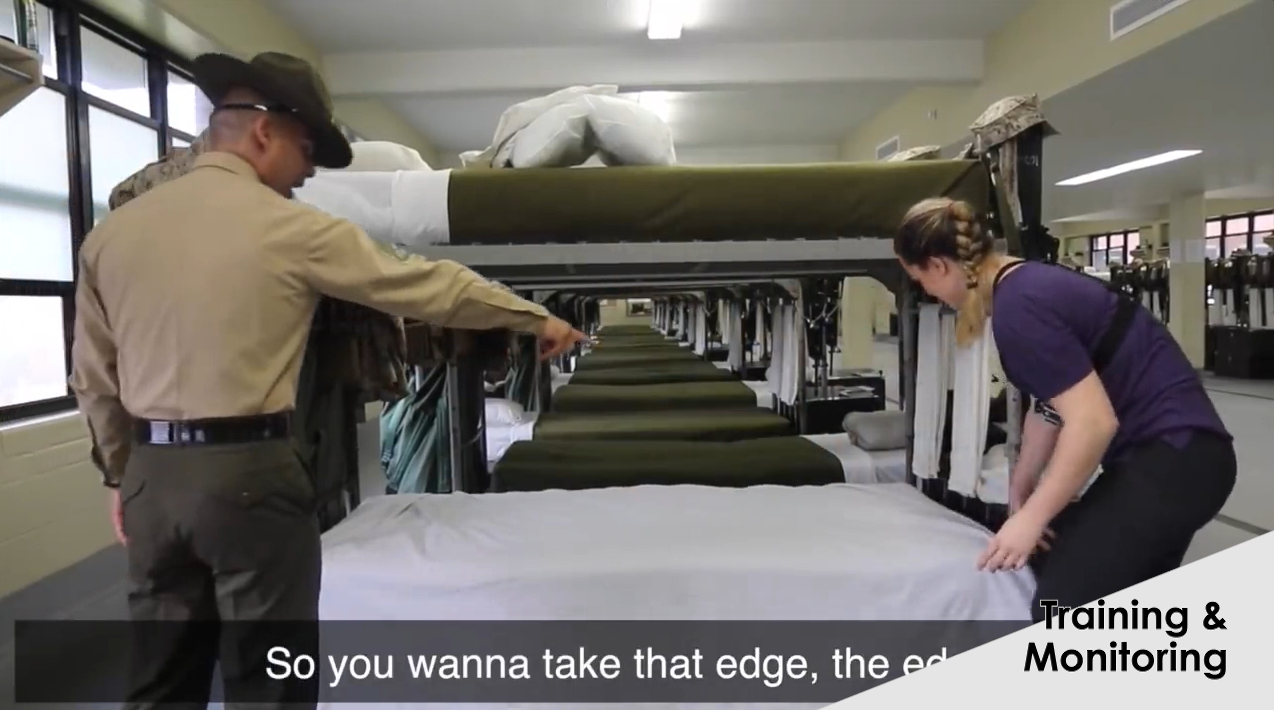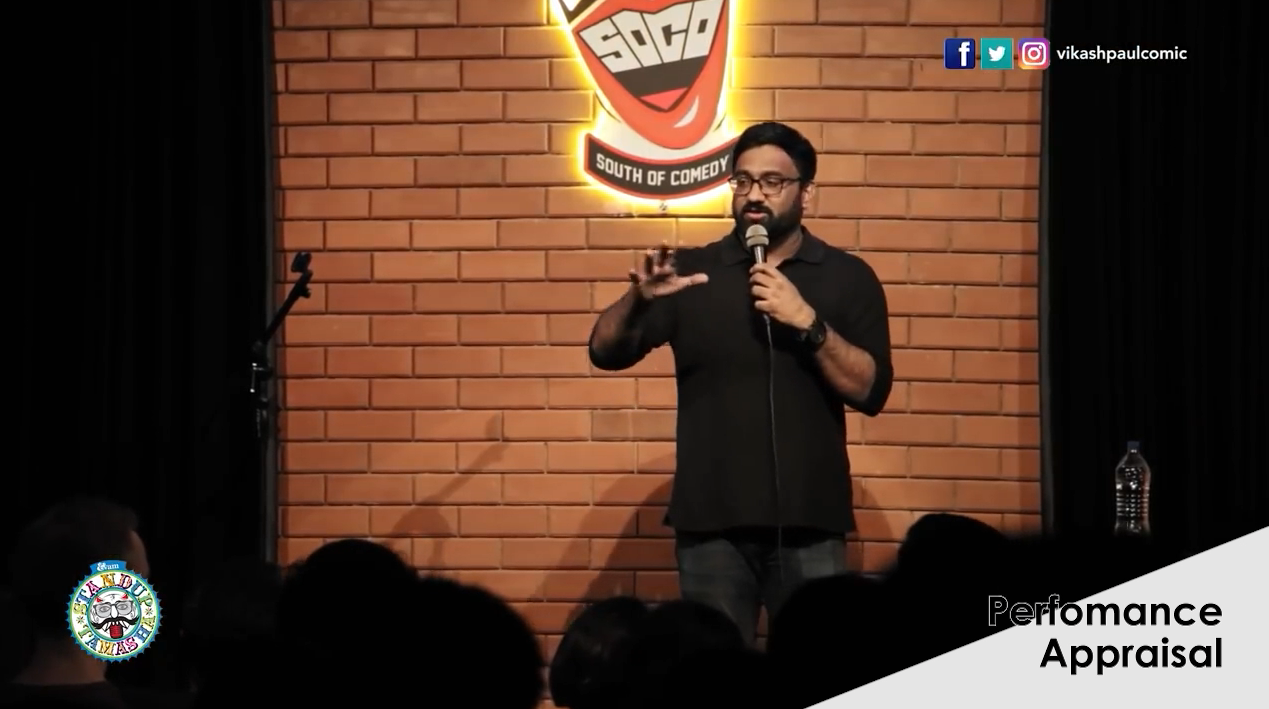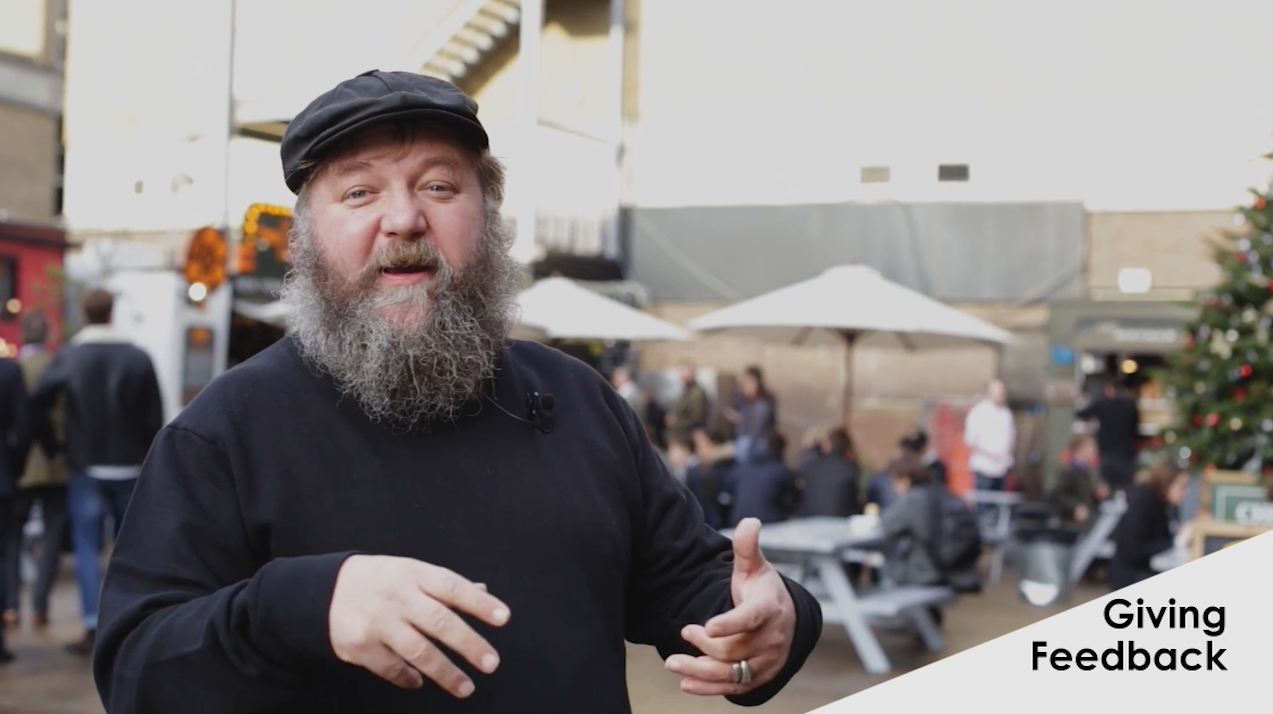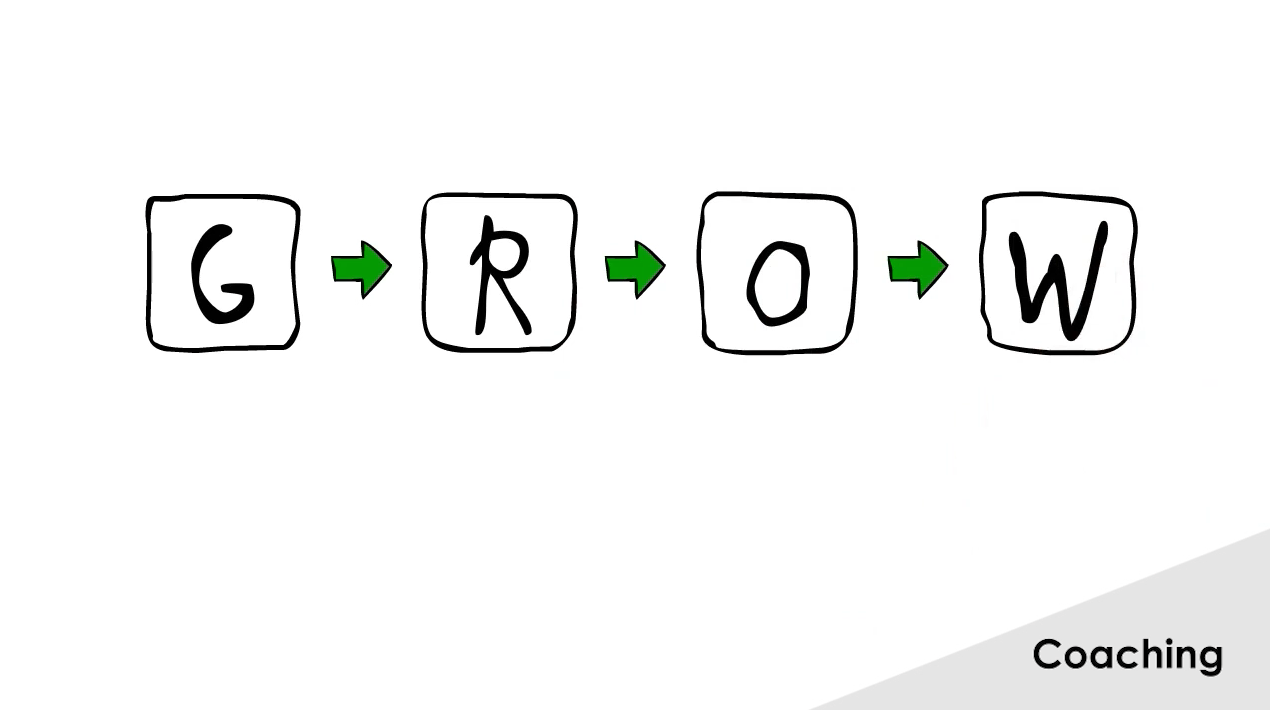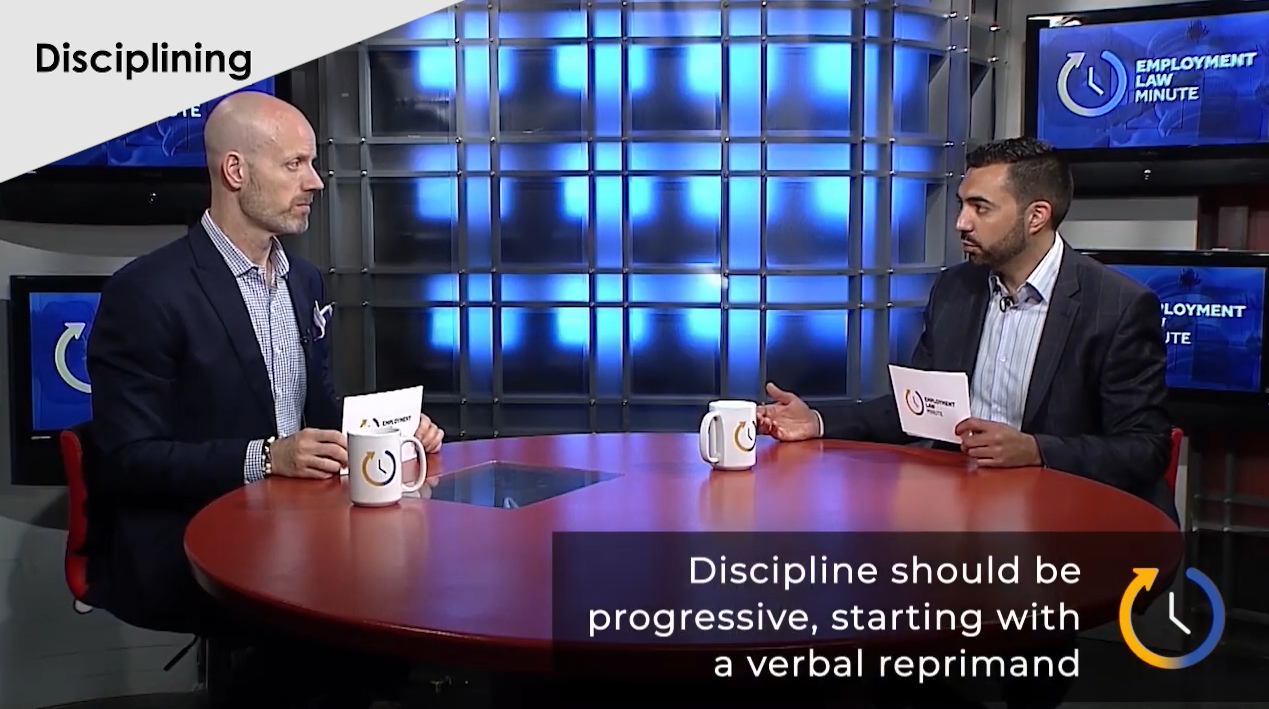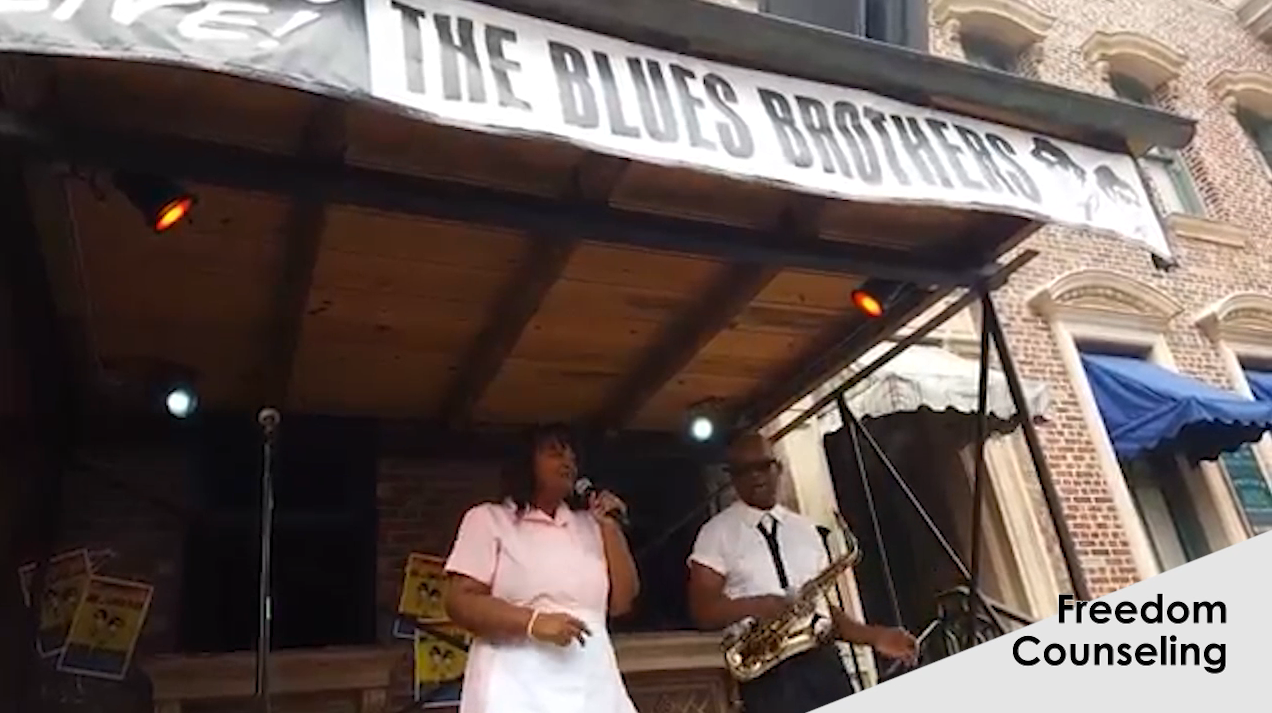FAQs
Grants from PCT should be acknowledged as funding from Prince Charitable Trusts. ACH payments will be issued from one of the three trusts that form the Prince Charitable Trusts—the Frederick Henry Prince Testamentary Trust, the Frederick Henry Prince Trust 7/9/47, or the Abbie Norman Prince Trust—but acknowledgement should be to Prince Charitable Trusts.
If you would like to use our logo, you may find it here.
Prince Charitable Trusts has transitioned to the Temelio platform for all application submissions. Please note that earlier guidelines from our previous system should no longer be used. Step-by-step instructions and digital guides will be shared directly with our grantee partners.
Temelio is a secure website that many foundations use to make applying easy and safe. If you’d like, you can also check out Temelio’s privacy policy to learn more: https://dwddfa4c8a9df.cloudfront.net/privacy.html
Temelio offers direct email and chat support to help applicants while using the system. You can also reach out to your grant manager and share what you’re experiencing—we’re here to help. Our team will be closely monitoring the inbox and will make sure you get the support you need.
We expect to make 20-24 grants from $15,000 - $25,000 each.
In general, PCT only makes one grant per year to an organization. We prefer to make general operating grants in most cases, but you are welcome to use general operating support toward collaborative projects.
Yes (this is one of the rare exceptions to our one-grant-a-year rule).
It depends. In some circumstances, we will consider a proposal from an organization that has a fiscal sponsor. Please reach out to us about your specific circumstance to learn more.
We will consider proposals from community-based organizations with a strong environmental justice program or project that corresponds to one of PCT’s strategies.
ALAANA is an acronym for African, Latinx, Asian, Arab, and Native American, however, like Grantmakers in the Arts, we do not ask anyone to self-identify with or use any term other than ones they prefer in their proposals to us. We define ALAANA-led as organizations with a predominantly ALAANA board and executive leadership, staff leadership, and constituents.
We looked at many definitions of environmental justice and borrowed directly from Wikipedia and Detroiters Working for Environmental Justice in landing on our definition. We are also grateful to the Chicago Frontlines Funding Initiative for informing our perspective. For Prince Charitable Trusts: environmental justice addresses the unfair exposure of poor and marginalized communities to harms associated with resource extraction, hazardous waste, and land and water use resulting from industrial, municipal, and commercial operations and/or government laws, regulations, and policies.
https://detroitenvironmentaljustice.org/what-is-environmental-justice/ (Viewed April, 20, 2022)
https://en.wikipedia.org/wiki/Environmental_justice (Viewed April 20, 2022)
https://www.chicagofrontlines.org (Viewed April 20, 2022)
We prefer to make general operating grants in most cases. However, you may highlight whatever aspect of your work you think best align with our strategies and priorities in your proposal. If you receive general operating support, your organization may use it however you wish.
Yes. PCT offers general operating support that can be used to support your organization at your own discretion. All legal limitations for charitable funds will be listed in the grant award letter.
PCT expects to award around 20 grants at $30,000 per year although this may change somewhat depending on the number and quality of submissions. There may also be individual situations where a different grant size may be warranted.
PCT intends to award multiyear grants lasting two years in duration. However, depending on the pool of applicants, a few single year grants may be awarded.
PCT understands there is a far more nuanced story than the numbers can represent at times. If you are in the scenario described and don’t feel your organization’s total expenses for your last two audit cycles are representative of your institution’s budget and capacity, PCT requests you reach out prior to submitting an LOI so that our team can better understand your situation.
No. PCT provides general operating support to organizations. Funding will not be awarded to projects or initiatives within organizations outside of the budget threshold.
No. Due to PCT’s limited resources, its Chicago grantmaking focuses on organizations within the city of Chicago.
Yes. Please note that when PCT uses this term it refers to arrangements where the sponsoring organization retains ultimate discretion and control over the use of the funds and manages the progress of the project and its compliance with restrictions for charitable funds.
Yes. However, PCT is prioritizing non-profit organizations with an already established history of being ALAANA serving. If working with ALAANA populations is new for your organization and you decide to submit an LOI, we encourage the inclusion of more context regarding your organization’s plans for reaching these populations.
No. PCT knows non-profit organizations of all types use the performing arts to reach audiences, but due to limited resources, PCT has decided to focus on organizations with an explicit performing arts-based mission.
PCT recognizes the spectrum of modalities within theater, music, and dance. As long as one or more of these genres are an explicit part of your institutional mission and you’ve performed consistently over the last five years, you are eligible for consideration.
No. While PCT acknowledges the importance of arts service organizations, our funding is limited to organizations that have produced theater, dance, and/or music performances for at least five years.
No. Due PCT’s limited resources, organizations with a mission focused primarily on arts education are not eligible. PCT is prioritizing organizations with missions and institutional budgets centering theatre, music, and/or dance production.
No. Due PCT’s limited resources, organizations with a mission focused primarily on art therapy are not eligible. PCT is prioritizing organizations with missions and institutional budgets centering theatre, music, and/or dance production.
No. PCT is open to supporting organizations that serve audiences of all ages. We have typically included some strong youth performing arts organizations among our grantee partners, but youth organizations are not the exclusive focus of the art program.
PCT will fund organizations producing work centering various aspects of the human experience, but we especially want to uplift themes of joy, healing, and celebration. PCT acknowledges that these terms can carry different meanings across cultural and personal contexts. With that in mind, we are committed to supporting organizations that uplift stories reflecting the depth, nuance, and richness of what it means to be human.
PCT intends to update applicants on the status of their submissions no later than Monday, July 23rd.
PCT intends to have its decisions made by our fall board meeting, typically held in late October. The timeline for receiving funds will vary depending on our internal approval process but fall grants are generally paid in early December.
Still have questions? Sign up for office hours to speak directly with PCT staff.


